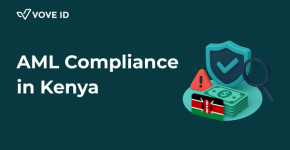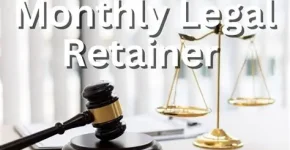As blockchain technology gains traction globally, Kenya’s tech-savvy market has seen growing interest in cryptocurrency and virtual asset services. While regulatory uncertainty persists, businesses are exploring legal pathways to operate within Kenya’s existing legal and tax framework. In this guide, we explore the state of crypto regulation, the role of Virtual Asset Service Providers (VASPs), and the growing use of stablecoins for international trade and tax compliance.
What is a VASP?
A Virtual Asset Service Provider (VASP) is any individual or business that facilitates the exchange, transfer, safekeeping, or administration of virtual assets like cryptocurrencies. This includes crypto exchanges, wallet providers, remittance platforms using stablecoins, and tokenization services.
Crypto Regulation in Kenya
Kenya has not yet enacted a comprehensive regulatory framework for cryptocurrencies. However, the Capital Markets Authority (CMA) has issued advisories warning the public of crypto risks, and the Central Bank of Kenya (CBK) has not yet recognized crypto as legal tender. Despite this, many Kenyan companies are innovating with virtual assets under legal structures that prioritize AML/CFT compliance and transparency. The CBK’s engagement with the IMF and other global regulators suggests that regulation is on the horizon.
Use of Stablecoins in Kenya
Stablecoins like USDC and USDT, which are pegged to the US Dollar, are increasingly being used by Kenyan fintechs and exporters to:
- – Settle cross-border trade transactions
- – Access international liquidity in real-time
- – Hedge against currency depreciation
- – Simplify treasury operations for remote and international teams
- – Facilitate compliant invoicing and international tax declarations
Are Crypto and Stablecoins Acceptable for Tax?
While the Kenya Revenue Authority (KRA) does not officially recognize cryptocurrencies as legal tender, income earned through crypto-related activities is taxable. Stablecoin use, when properly accounted for in financial records and converted to local currency for reporting, can be included in tax filings. Businesses must also observe transfer pricing principles where international counterparties are involved.
How We Help as Legal Advisors
At S.N. Nyaga & Company Advocates, we offer end-to-end legal support for businesses building crypto solutions in Kenya, including:
- – Advising on legal entity setup and regulatory structuring
- – Drafting AML/CFT compliance manuals and governance policies
- – Facilitating commercial bank onboarding and legal opinions
- – Structuring smart contracts and digital asset custody models
- – Ensuring tax compliance and risk mitigation for crypto-linked revenues
Conclusion
Crypto and stablecoin innovations offer exciting opportunities for Kenyan businesses to engage in global finance efficiently. Despite the regulatory grey area, with the right legal structure and compliance approach, VASP models can thrive. S.N. Nyaga & Company Advocates is your trusted partner in setting up secure, compliant crypto and blockchain businesses in Kenya.
Interested in launching a crypto business or using stablecoins for international operations? Contact us today to book a legal consultation.





